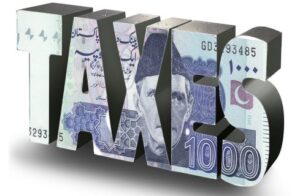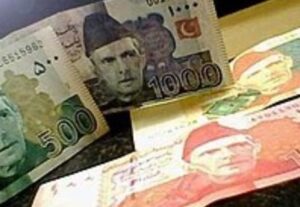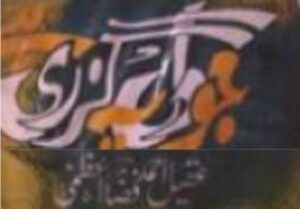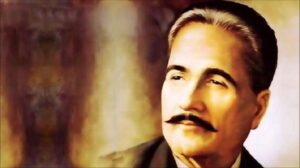Secularism in Iqbal's poetry
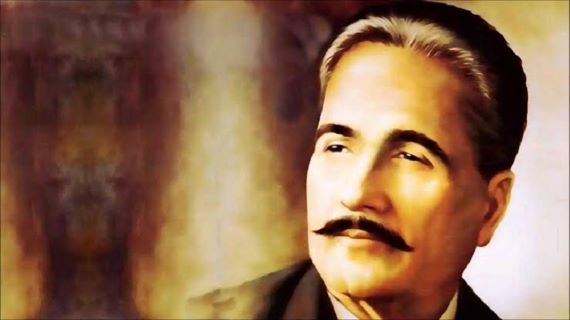
By Shahid Rizvi
The rational and humanitarian content in the poetry of Allama Iqbal is much more than the religious element. Iqbal was a great poet but greatly misunderstood. Vested interest in the country made all-out efforts to project Iqbal as a poet of Islamic orthodoxy and they succeeded in it the result that Iqbal appeared as a Mullah rather than a great poet. This harmed Iqbal less and corrupted the nation more. Real Iqbal is a great poet who believed in the supremacy of man, high values, and reasons for men’s strides towards the progress of society and was a man of piety and tenderness.
Iqbal’s “Mard e Momin” is a believer but a very refined one who is a staunch critic of himself. He is not a man who has come out waving his sword to knock off the heads of nonbelievers. He is a force against all evils.
But he does not believe that believing in or belonging to other sects or religions is evil. Iqbal’s poetry has been deeply influenced by Persian as well as Western poetry and philosophies. His “Mard e Momin” is an idealized human being taken over by the German philosopher Nietztche but with some time differences. Iqbal like all great reformers, sought ways for the salvation of the society, and finding no remedy, turned to heavenly qualities in man. He, therefore, attributed the leader with the qualities to be God’s real representative in the world.
He abstracted these qualities to conform to a multi-religious society, keeping in view not only the subcontinent but the whole world. Iqbal’s period was associated with the system of exploitation all over the world and the people were suffering the miseries that come with capitalism. Iqbal was deadly against the worshipping of a devotion to wealth. He prayers to God:
“Kab dobe ga sarmaye hasti ka safina
duniya hai teri muntazir roz e makfaat”
Iqbal overviewed the whole world and sought leadership for the whole world. This created the neutralizing effect from religion in his poetry.
In most of his versus where he has defined categories like “Khudi”, “Taqleed”, “Sahib-i-man” qualities of leadership, man, earth, and many others he has taken a stand against mullahs, religious scholars and theologians. Defining the qualities of leadership, he says:
“Nigahbuland sukhan dil nawaz jaan pur souz
Yehi hai rakhte safar mir e karvan ke liye”
Far-sighted, soft spoken and having a fire of passion are the only quantity qualities for leadership. He has nowhere said that leader should be an orthodox Muslim, although as we know, he believed in Muslim’s capability of leadership. The quantities enumerated by him do not require any particular ideology.
“Khudi” the main theme of his poetry, and the prime quality office poetic hero “Mard e Momin” is also a secular category. To develop the inner cell to such an height that it controls destiny is not something peculiar to a religion or a sect.
“Khudi ko kar buland Itna ke har takdeer se pahle
Khuda bande se khud puche bata teri raza kya hai”
or
“apni khudi i pehchan O ghafil dehqan”
He has never said, wherever the word is used word is used, that Khudi is a God-given virtue but only those who have been bestowed with it should be followed. He asserted that man should develop this character.
By believing in man’s supremacy, Iqbal has surpassed many stalwarts in poetry. He believes that God has created the world and then bestowed upon man all powers of mastery. Man is free and empowered to change the face of the world as he likes:
“Touk shab afridi chiragh afridum
Touk gil afridi ayagh afridium”
(God created nigh, I invented lamp
God created earth, I developed earthen jar)
He affirms mans power to exploit the world to meet his needs. He doesn’t insist on the quality of God as The Punisher.
He is outspoken about the supremacy of man. In clarifying the category of “Taqleed” he appears critically and says severely against following in anyone’s footsteps. He says:
“Agar taqleed bode shiwai khob
Mohammad hum rehe ujdad raftey”
If to follow someone is a virtue, the Holy Prophet also followed his ancestral religion. Definitely, he is pointing towards man’s ability to discover the new, secrets of nature and save things to his use. In a more beautiful verse, he says:
“Hai alam ejdad mein jo sahib ejad
Har daur main karta hai tawaf uska zamana
Taqleed se nakara na kar apni khudi ko
Kar iske hifazat ke yeh jauhar hai yagana”
The whole appreciation and applause of the world goes to him who invents and discovers something new and of importance to society.
He contrasts “following” to the invention and asks not to spoil his “Khudi” by “following.”
Iqbal knows that the world of inventions and discoveries has not been by Muslims only. When he refers to inventors or discoveries, he refers to them all. When he advises them not to spoil their “Khudi,” he advises all. He does not confine “Khudi” to Muslims only.
In his category “Iman” he again uses the word in a sense much different from the orthodoxy:
Jahan main ahale imaan surat khurshid jite hain
Udhar dube idhar nikale idhar dube udhar nikale”
Creating a simile with the sun, the world denotes the people who shine like the sun and the world. It means that their deeds never die. This is in no way confined to Muslims only.
True that to exemplify the best, Iqbal has taken the best out of humanity i.e. the life of the Holy Prophet (PBUH) and his companions, but it was his compulsion as a Muslim. He took the to depict the best but did not confine it to Muslims only.
The sense conforms fully to the spirit of Islam. Our Holy Prophet (PBUH) was sent as “Rehmat ul Ameen” and not for Muslims only. Iqbal was right in bringing the gift to the whole of humanity and this imbibed his poetry a particular sense of neutrality, impartiality, and secularism.


